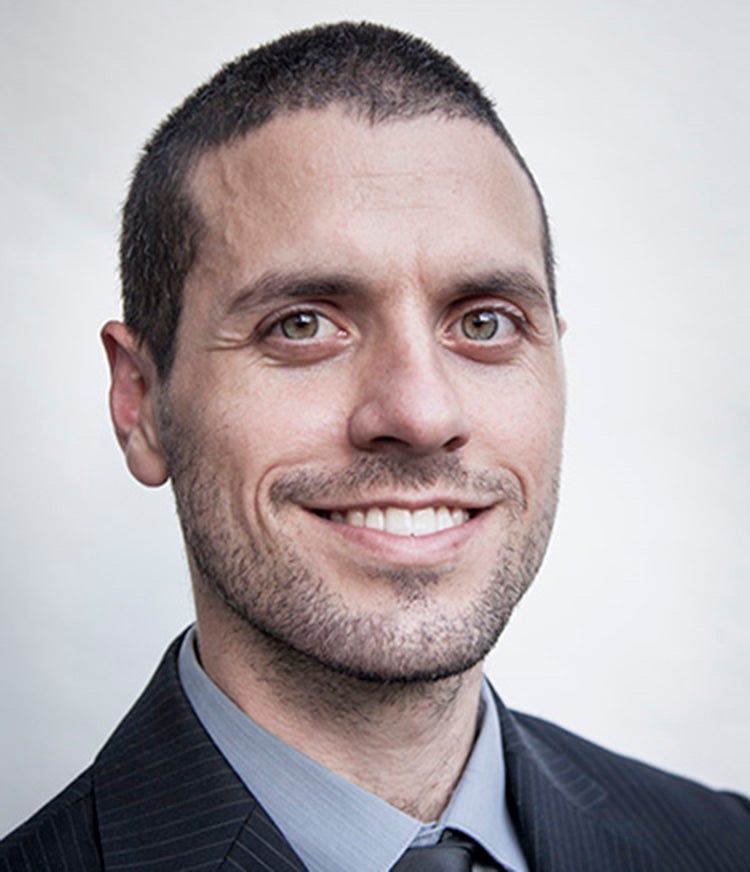
Dr. Michael Mina
Physician-Scientist & Assistant Professor, Epidemiology and Immunology and Infectious Diseases at the Harvard School of Public Health
Michael Mina, MD, PhD is a physician-scientist and Assistant Professor in the department of Epidemiology and Immunology and Infectious Diseases at the Harvard School of Public Health. He is also a pathologist at Brigham and Women’s Hospital and Harvard Medical School where he helps to oversee molecular virology. He is a recent recipient of the National Institutes of Health NIH Director’s Early Independence Award, and his public health efforts have been highlighted by The Economist Magazine where he was named one of eight Global Progress Makers. He has received numerous national and international recognitions for his research on childhood infectious diseases and vaccines.
Michael has been on the front lines of the COVID-19 pandemic since it began, helping to advise state, national, and international institutions and governments and has been instrumental in setting up high throughput COVID-19 testing programs at the Broad Institute of MIT and Harvard, where he is also an Associate Member. His research focuses on monitoring and tracking outbreaks of novel and seasonal viruses through the global population. His laboratory at the Harvard School of Public Health develops new technologies and statistical algorithms that measure the immune system response in fine detail and leverages immunological data to detect and forecast pathogen movement. His clinical work at the Brigham and Women’s Hospital is as a medical director overseeing molecular virology diagnostics.
Most recently, Michael is working with colleagues at the Ragon Institute, the MIT Sloan School and Princeton University to develop a Global Immunological Observatory (GIO) – a not-for-profit network of high throughput laboratories to monitor emerging and existing pathogens in the US and globally. The objective is to create a virus monitoring system that matches the weather forecasting systems in use globally today.